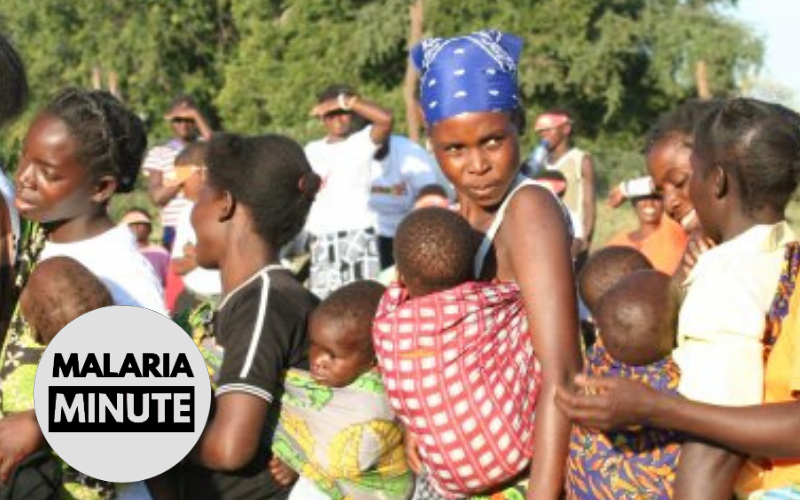Last Updated: 27/05/2025
Discovery and preclinical development of efficacious P. vivax pre-erythrocytic stage malaria vaccines
Objectives
To accelerate P. vivax vaccine development by identifying and characterizing classical and novel vaccine candidates with confirmed protective efficacy that could be further advanced to clinical development.
A significant global malaria incidence reduction in the last two decades has stimulated greater efforts toward its global eradication; however, this ambitious goal demands novel and highly efficacious control tools, including vaccines. Although the biological complexity of the Plasmodium life cycle has prevented faster progress towards the development of a highly efficacious malaria vaccine, recent technological and scientific developments could facilitate further progress. The proposal sets to integrate established facilities, experimental models, and standardized and novel techniques to identify and characterize P. vivax (Pv) pre-erythrocytic (PE) antigens showing vaccine potential for further clinical development. The general hypothesis is that “immunization with selected PvPE antigen constructs can induce protective immune responses in the vertebrate host.” Specific aims are Aim 1: Characterization of novel PvPE antigens recognized preferentially by sporozoite-vaccinated and protected individuals; Aim 2: Evaluation of the immunogenicity and protective efficacy of novel PvPE protein constructs in animal models; Aim 3: Design of self-assembled protein nanoparticle (SAPN) constructs containing antigenically relevant Pv-CSP and novel PvPE selected proteins/fragments; Aim 4: Generation of anti-Pv-CSP human monoclonal antibodies (Hu-MABs) with protective efficacy to define their precise epitopes and conformations. The innovation of this proposal is the use of a comprehensive, rational, and rigorous Pv protein/epitope down-selection process using unique sera/cells from malaria vaccinated protected individuals, together with protein structural analyses leading to the rational design of protective nanoparticle formulations. The significance of this proposal is to provide rapid preclinical development of 1-2 highly efficacious PvPE vaccines for future clinical evaluation and Pv-HuMABs that could be administered passively for malaria prophylaxis.
Methods are:
- Selection and expression of early and late PvPE antigens associated with sterile protection, using Pv protein microarrays.
- In silico prediction of B, T and CTL epitopes, and synthesis of the corresponding peptide sequences.
- Immunological characterization, i.e., humoral (ELISA Igs/isotypes) and CMI (FACS cytokines/cell profiles) responses.
- Immunogenicity and protective efficacy analyses of selected antigen constructs/formulations in rodents, using transgenic parasites.
- Monkey immunogenicity, ex-vivo inhibition of spz invasion (ISI) to liver cells, protective efficacy to wild-type spz, and durability of protection.
- Development of SAPN constructs containing the Pv-CSP variants (VK210; VK247);
- Evaluation of the nanoparticles´ immunogenicity and protective efficacy in mice and monkeys;
- Development of Pv-CSP Hu-MABs and analyses of their protective efficacy and fine epitope specificity;
- Antigen-antibody (Ag::Ab) interactions analyses by X-ray crystallography.
Nov 2020 — Oct 2025
$1.75M


